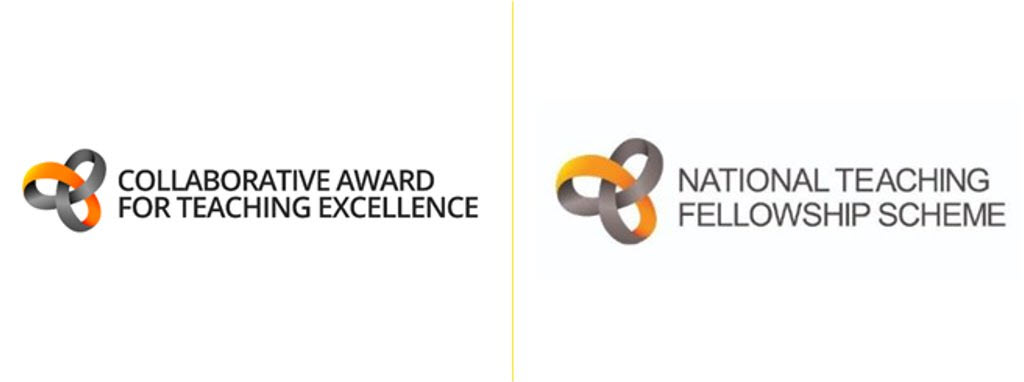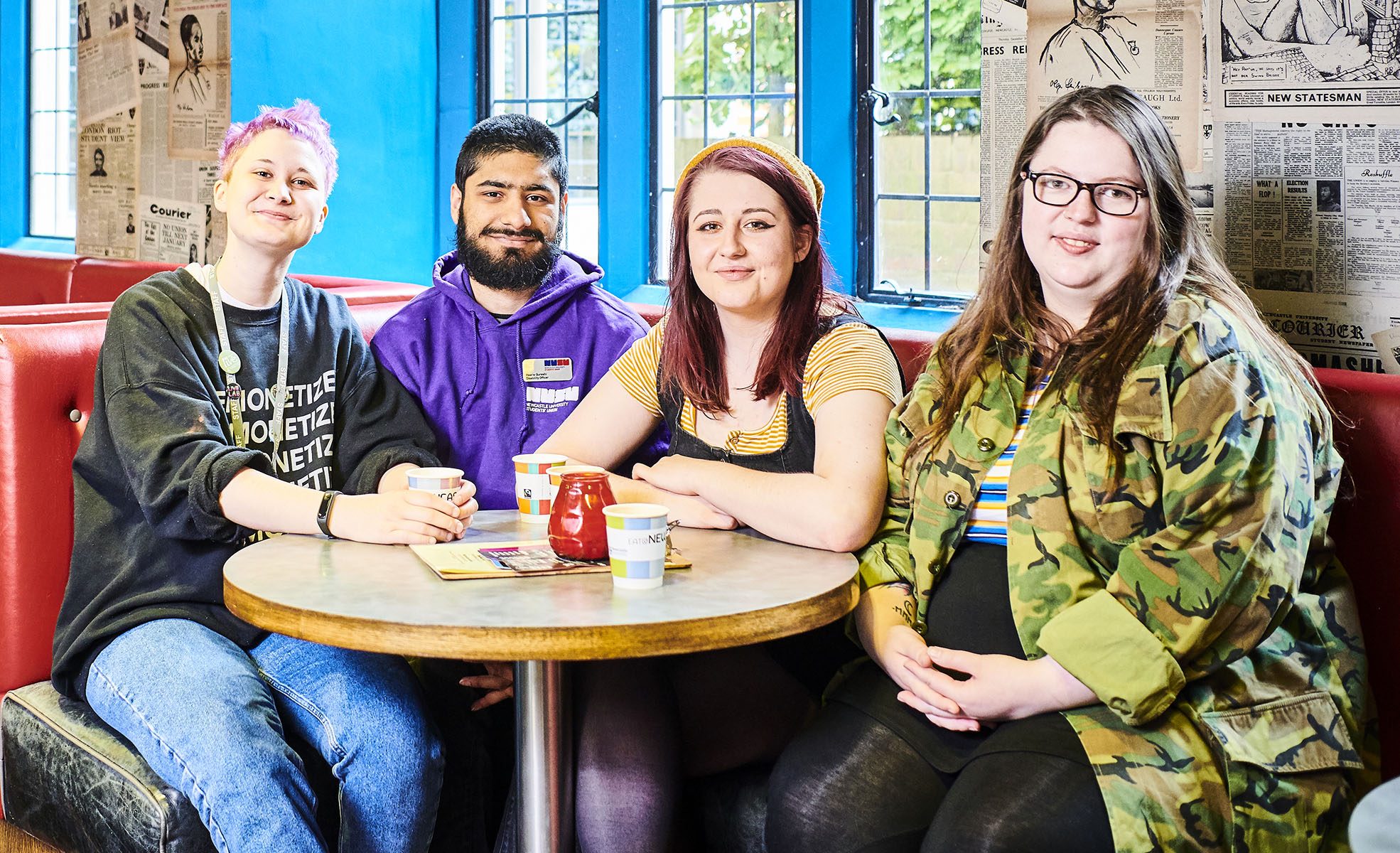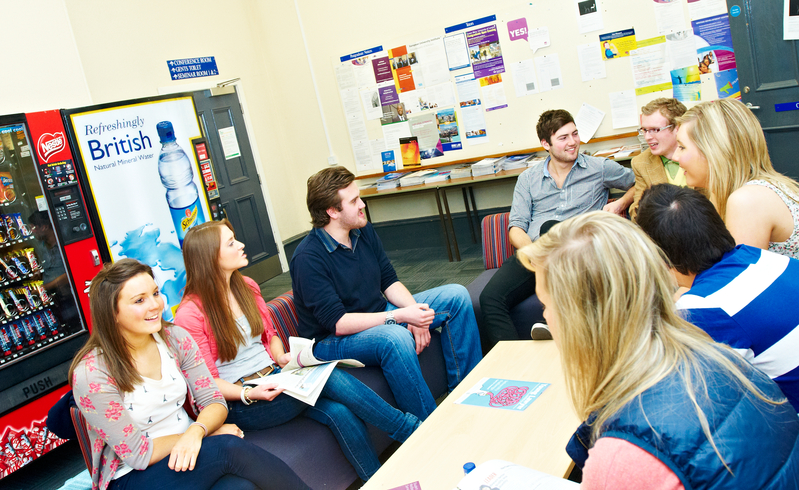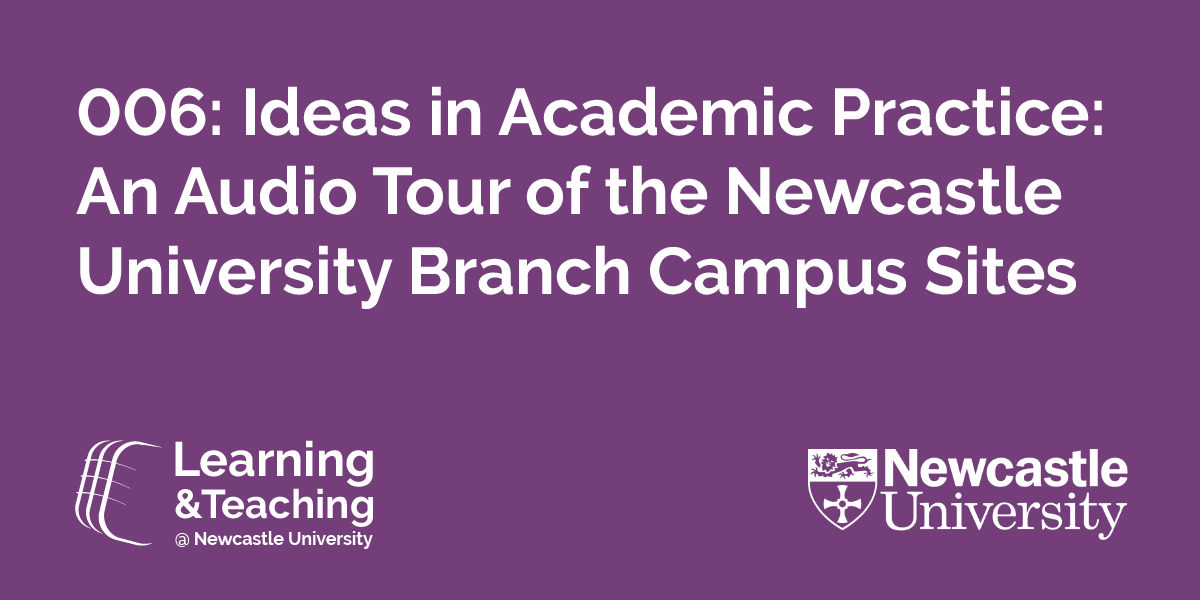Advance HE, in collaboration with the Association of National Teaching Fellows (ANTF) and the CATE Winners’ Network (CATE-Net) will be again presenting a series of virtual roadshows to support those interested in applying for the Collaborative Award for Teaching Excellence (CATE) or the National Teaching Fellowship Scheme (NTFS). Each webinar will focus exclusively on either the NTFS or CATE.
More information on our Teaching Excellence Awards can be found on the Advance HE website. Please sign up to any of these roadshows events via the specific booking links below.
The University process to determine the institutional nominees to the 2021/22 Advance HE National Teaching Fellowship Scheme and Collaborative Award for Teaching Excellence is open and the deadline for applications is Wednesday 10 November 2021 at 12 noon. For information on the University application process please visit this Learning and Teaching blog post.
NTFS Roadshows
Facilitated by ANTF Committee Events co-ordinator, Professor Debbie Holley and Advance HE Fellowship and Awards Adviser Dr Holly Earl, these webinars will offer insights and guidance through the NTFS application process.
Webinar One: Thinking about a NTFS application, Wednesday 3 November 2021, 12.00-13:00
This first webinar will cover the new guidance for institutes and individuals, highlight useful Advance HE resources, and include new award winners and ‘old’ hands sharing their journey to NTF.
Webinar Two: A conversation with successful NTFs, Tuesday 7 December 2021, 13.00 -14:00
This second webinar will offer a brief re-cap of the scheme and highlight updates. It will also feature some personal journeys from existing National Teaching Fellows. There will be plenty of time to ask our panel questions.
Webinar Three: Polishing your application: Institutional/Individual perspectives, Tuesday 18 January 2022 12:00-13:00
This third webinar will briefly re-cap the previous two sessions, and the panel will include a representative responsible for staff development in our institutions, to offer the institutional viewpoint about the scheme, as well as successful NTFs happy to share their experiences.
CATE Roadshows
Facilitated by CATE-Net Lead, Professor Mark O’Hara and Advance HE Fellowship and Awards Adviser Dr Holly Earl, each webinar will offer an overview of the Collaborative Award for Teaching Excellence (CATE) and guidance on the application process for those interested in applying.
The CATE webinar will be repeated on three dates. Each session will include a brief introduction to CATE and an overview of the professional and institutional benefits. The CATE 2021-22 application process will be outlined and there will be practical guidance and suggestions from previous CATE winners, plus time for question and answers.
• Tuesday 2 November 2021, 13.00-14.00
• Wednesday 8 December 2021, 11.00-12.00
• Tuesday 11 January 2022, 12.00-13.00






